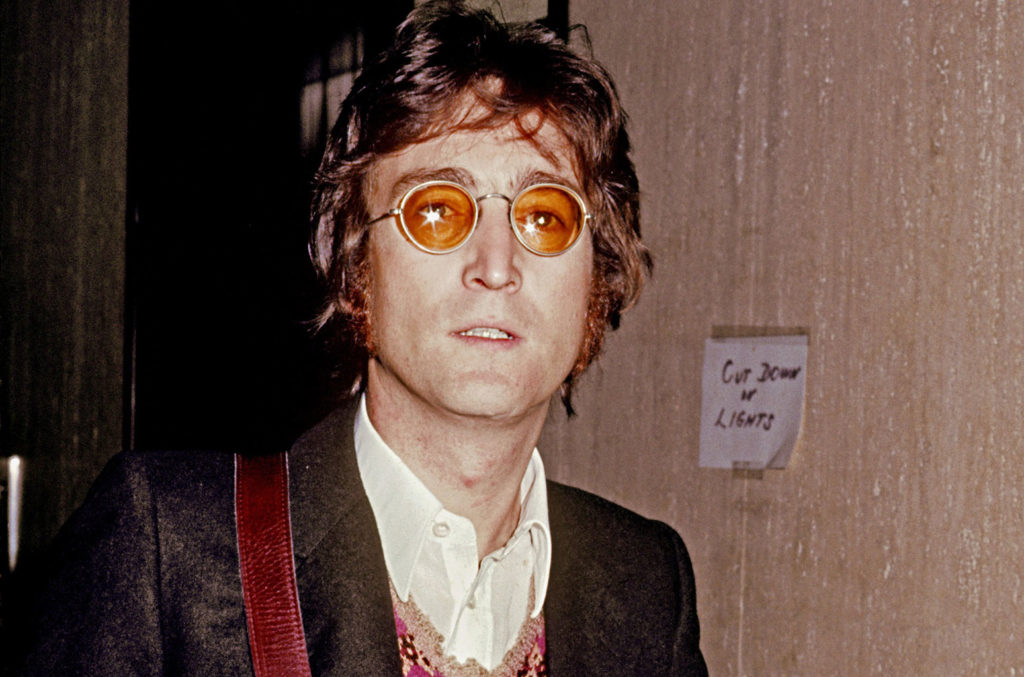Even though each member of The Beatles contributed significantly to the group’s success, John Lennon and Paul McCartney were the two who gave the group its boost, with their songwriting relationship going on to become one of the most celebrated in musical history.
Lennon became deeply involved in Liverpool’s skiffle scene as a kid and eventually started a group called The Quarrymen.
The Quarrymen changed quickly into The Beatles, with John Lennon serving as the group’s primary leader at first. Lennon became one of the most well-known artists ever after working on some of the most famous songs of all time while a member of the Fab Four.
He contributed to a significant cultural change as a member of an extremely important band by popularizing new sounds and recording methods, which transformed the field of popular music.
The Beatles were the driving force behind the British Invasion of the US, a period that saw numerous avant-garde British bands achieve success on American soil.
Many of the band’s early albums, nevertheless, were issued in the US and UK in separate ways. For instance, Introducing…The Beatles, a year after the band’s original 1963 debut album Please Please Me was released in the US with a new cover and slightly modified tracklist.
To Lennon’s dismay, “fake stereo” versions of the songs were frequently replicated for American copies of their albums.
Lennon discussed his dislike of American labels interfering with his music in a Dennis Elsas interview on WNEW-FM. He said, “You know, many of these have undergone stereo remixing.” Oh, that was terrible.
This prompted Lennon to talk about his opinions of the Hey Jude B-side, “Revolution.” The Beatles’ 1968 album The Beatles featured both “Revolution 1,” a slower version of the song, and “Revolution 9,” an avant-garde sound collage.
‘Revolution 1’ was recorded in a quicker version after Paul McCartney and George Harrison both decided that it was too sluggish to be single.
Despite Lennon’s best efforts, McCartney’s “Hey Jude” took precedence over the new version in the release order.
Lennon, however, clarified the B-side version as follows: “There’s a difference between stereo and mono, obviously. If you mix something in mono and try to fake it, you lose the guts of it. A lot of them lost that.”
He added, “The fast version of ‘Revolution’ was destroyed. It was a heavy record, and they turned it into a piece of ice cream.”
Lennon said, “Nevermind,” evidently frustrated by his lack of creative control over some of the American releases of his tunes.
Isn’t everything in the past now? Lennon seemed to harbor a great deal of resentment about the way “Revolution” was treated—it never received the respect he believed it deserved.

